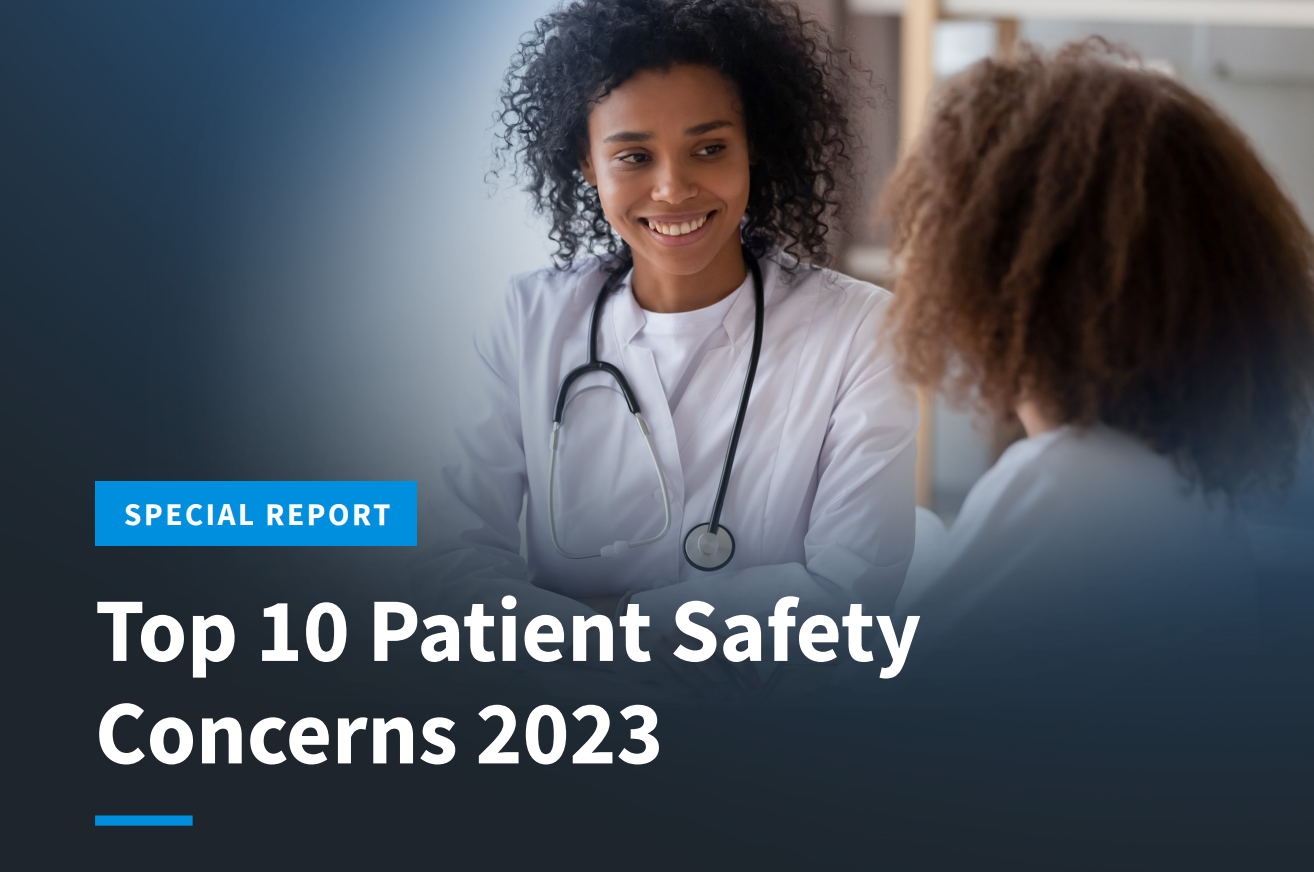
What You Should Know:
– The pediatric mental health crisis is named the number one patient safety concern, according to ECRI’s 2023 list of most pressing patient safety concerns.
– The nation’s largest nonprofit patient safety organization notes that, while rates of depression and anxiety in children have increased since 2017, the COVID-19 pandemic has elevated the situation to crisis levels.
Here are the top 10 patient safety concerns for 2023:
1. The pediatric mental health crisis
ECRI’s experts identify several recommendations to address the crisis, including performing universal mental health screenings during every office and hospital visit, making personal connections between pediatric mental health providers and patients/families (i.e., warm handoffs), and providing additional support to address social determinants of health.
2. Physical and verbal violence against healthcare staff
Healthcare organizations should prioritize protecting their workforce against workplace violence, from other staff as well as from patients and visitors
3. Clinician needs in times of uncertainty surrounding maternal-fetal medicine
Healthcare organizations must develop strategies to support clinicians in addressing changes in how maternal-fetal medicine is delivered by methodically identifying areas of uncertainty, creating clear communication channels, and implementing solutions to support effective and safe clinical decision-making.
4. Impact on clinicians expected to work outside their scope of practice and competencies
Maintaining comprehensive patient and worker safety and competency assessment is essential to ensure healthcare workers are equipped to deliver safe, effective care and reduce patient and provider harm.
5. Delayed identification and treatment of sepsis
Sepsis is a medical emergency where seconds count. The following are recommendations to ensure early identification of sepsis and timely intervention.
6. Consequences of poor care coordination for patients with complex medical conditions
As the number of a patient’s chronic medical conditions increases, so does care complexity. Optimizing multidisciplinary care team communication across the continuum is the crux of effective care coordination for patients with complex needs.
7. Risks of not looking beyond the “five rights” to achieve medication safety
Safe medication practices are a culmination of the interdisciplinary efforts of practitioners working within reliable systems and using advanced technologies. Although the rights work as a general guideline, they are no substitute for actionable procedures.
8. Medication errors resulting from inaccurate patient medication lists
An effective medication reconciliation process within and among care settings that emphasizes standardization of practice for doctors, nurses, pharmacists, pharmacy technicians, and medical assistants is vital for patient safety.
9. Accidental administration of neuromuscular blocking agents
When used in error, NMBs can cause significant patient harm and even death. Organizations should ensure policies are in place to mitigate risks associated with such medication errors.
10. Preventable harm due to omitted care or treatment
Missed care opportunities are errors of omission that can result in adverse consequences for patients. Organizations should focus on improving factors such as work environment, staffing levels, and communication to reduce instances of missed care.
